As part of the project we invited Runcorn-based avant garde composer Wendy Smith to create a piece of sonic art to help document the project.
She combined archival recordings of the plays being performed with field recordings from the workshops that we ran with children and young people to create a unique composition that can be heard via the Soundcloud link below.
SoulFolk by Wendy Smith on Soundcloud
Here is Wendy's own synopsis of the piece and her process.
Soul Folk is a commission work by Minerva Arts for The Souling Project. This project is concerned with the re-visiting and re-invigorating of Folk Dramas known as Souling, which were performed throughout Cheshire. As the folk legacy focus is on the oral tradition of preserving folk culture, through verbally transmitting and receiving folk material, it was important to represent this oral process in Soul Folk. This was achieved by using vocal sounds to emphasize the verbal folk sharing tradition. Throughout the majority of Soul Folk, vocal sounds are the main focus. Except in the introduction, were they symbolize the role memory holds in the folk oral tradition, which folk music relies on, as it is not traditionally notated or written down. The gestural causality buildups and decays in the introduction sonically represent the memories cognitive motion, trying to remember and transmit the language ascribed to the Souling play tradition. It is not until after the first main climax at 0’34, that the Souling language is fully revived. But the vocal sounds do not come back in a linear narrative, as the breath of the vocals and lyrical material highlights the changing nature of the folk Souling plays oral tradition, as each Cheshire community transmits their own personal version of Souling plays, which constantly changed and adapted through different performances.
Furthermore, the vocal sound material featured in Soul Folk also continues the preservation of the oral folk tradition, by sourcing a number of vocal parts from different Cheshire folk Souling plays sources. This includes recent field recordings of new folk material and historical archival recordings. The field recording material presented in Soul Folk captures young people creating their own Souling songs through lyrical expression. The inclusion of these new vocal lyrics, alongside historical recording shows the development of the oral folk tradition, from its roots, to recent adaptations. Exclusively, Soul Folk features the children of Astbury St Mary's Church of England Primary School and their Souling song, which was guided by the creative vision and direction of composer Melissa Douglas. In this Souling song the children embraced their local village of Astbury’s cultural heritage, through the lyrics they created. Specifically, Soul Folk uses the first two lines of the children’s Souling song, ‘Our Little village of Astbury holds May Day, Our Little village of Astbury let’s say hurray!’. In particular, these two lines communicate the children’s excited vocals through their expression, which is first heard in Soul Folk at 0’57.
Soul Folk also features historical archival recordings of Souling play’s songs, in particular, the first verse of the Souling Song featured on The Soul Cakers of Cheshire: Field Recordings of Traditional Mummers Songs and Play Text.
We are two; all three good hearted lads and we’re all in one mind,
And we have come a Souling good nature to find,
Oh we have come a Souling as it does appear,
And it’s all that we are Souling for is your money and good beer.
This traditional Souling Song provided Soul Folk with interesting vocal timbral and lyrical gestural material. In addition, sounds were sourced from the static crackling noises produced by the vinyl recording of The Soul Cakers of Cheshire Souling Song. These static crackling sounds can normally be taken for granted, ignored or disregarded by the receiver. This occurs as they are expected, as a technical byproduct of analogue technology. In our sound perfect digital age, they can also be seen as extraneous and unwanted noises. However, for this receiver these noises added depth to the listening experience of this Souling Song, as the noise sounds embodied the wear and tear of the folk oral tradition across time. These sounds also date the recording, giving it a sense of time, atmosphere and character. Therefore, making it crucial to source and include the glitch sound material produced by the playback of the vinyl recording. This sound material can be heard throughout the different textual material in Soul Folk.
She combined archival recordings of the plays being performed with field recordings from the workshops that we ran with children and young people to create a unique composition that can be heard via the Soundcloud link below.
SoulFolk by Wendy Smith on Soundcloud
Here is Wendy's own synopsis of the piece and her process.
Soul Folk is a commission work by Minerva Arts for The Souling Project. This project is concerned with the re-visiting and re-invigorating of Folk Dramas known as Souling, which were performed throughout Cheshire. As the folk legacy focus is on the oral tradition of preserving folk culture, through verbally transmitting and receiving folk material, it was important to represent this oral process in Soul Folk. This was achieved by using vocal sounds to emphasize the verbal folk sharing tradition. Throughout the majority of Soul Folk, vocal sounds are the main focus. Except in the introduction, were they symbolize the role memory holds in the folk oral tradition, which folk music relies on, as it is not traditionally notated or written down. The gestural causality buildups and decays in the introduction sonically represent the memories cognitive motion, trying to remember and transmit the language ascribed to the Souling play tradition. It is not until after the first main climax at 0’34, that the Souling language is fully revived. But the vocal sounds do not come back in a linear narrative, as the breath of the vocals and lyrical material highlights the changing nature of the folk Souling plays oral tradition, as each Cheshire community transmits their own personal version of Souling plays, which constantly changed and adapted through different performances.
Furthermore, the vocal sound material featured in Soul Folk also continues the preservation of the oral folk tradition, by sourcing a number of vocal parts from different Cheshire folk Souling plays sources. This includes recent field recordings of new folk material and historical archival recordings. The field recording material presented in Soul Folk captures young people creating their own Souling songs through lyrical expression. The inclusion of these new vocal lyrics, alongside historical recording shows the development of the oral folk tradition, from its roots, to recent adaptations. Exclusively, Soul Folk features the children of Astbury St Mary's Church of England Primary School and their Souling song, which was guided by the creative vision and direction of composer Melissa Douglas. In this Souling song the children embraced their local village of Astbury’s cultural heritage, through the lyrics they created. Specifically, Soul Folk uses the first two lines of the children’s Souling song, ‘Our Little village of Astbury holds May Day, Our Little village of Astbury let’s say hurray!’. In particular, these two lines communicate the children’s excited vocals through their expression, which is first heard in Soul Folk at 0’57.
Soul Folk also features historical archival recordings of Souling play’s songs, in particular, the first verse of the Souling Song featured on The Soul Cakers of Cheshire: Field Recordings of Traditional Mummers Songs and Play Text.
We are two; all three good hearted lads and we’re all in one mind,
And we have come a Souling good nature to find,
Oh we have come a Souling as it does appear,
And it’s all that we are Souling for is your money and good beer.
This traditional Souling Song provided Soul Folk with interesting vocal timbral and lyrical gestural material. In addition, sounds were sourced from the static crackling noises produced by the vinyl recording of The Soul Cakers of Cheshire Souling Song. These static crackling sounds can normally be taken for granted, ignored or disregarded by the receiver. This occurs as they are expected, as a technical byproduct of analogue technology. In our sound perfect digital age, they can also be seen as extraneous and unwanted noises. However, for this receiver these noises added depth to the listening experience of this Souling Song, as the noise sounds embodied the wear and tear of the folk oral tradition across time. These sounds also date the recording, giving it a sense of time, atmosphere and character. Therefore, making it crucial to source and include the glitch sound material produced by the playback of the vinyl recording. This sound material can be heard throughout the different textual material in Soul Folk.

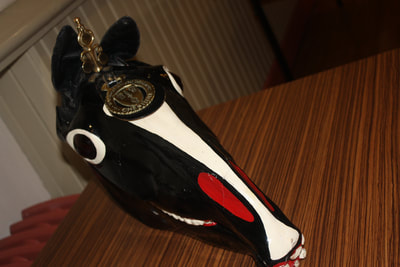
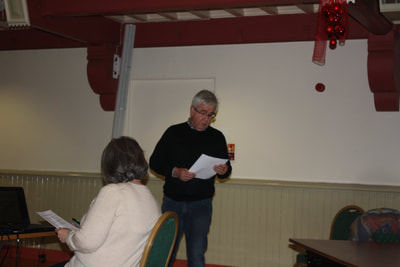
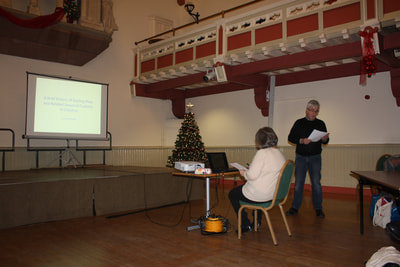
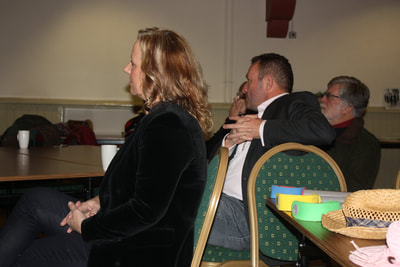
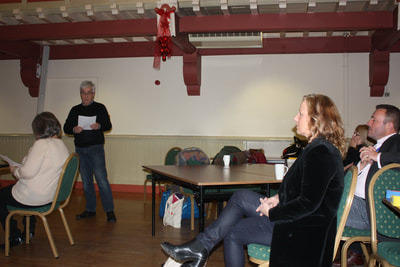
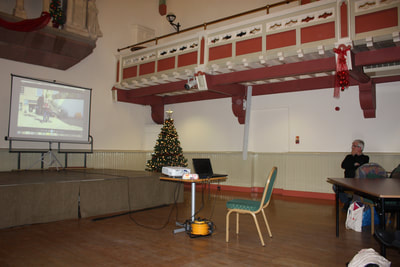
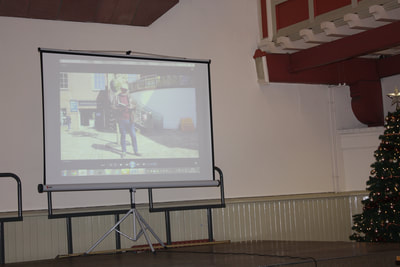
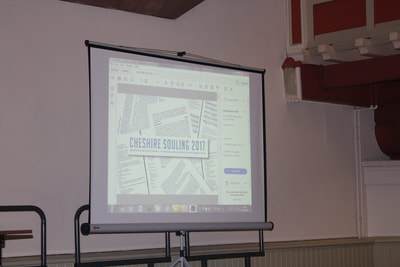
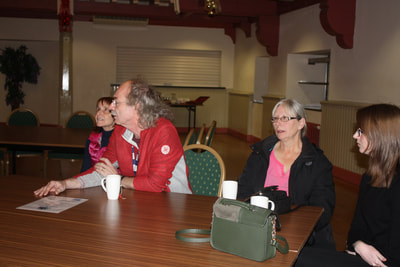
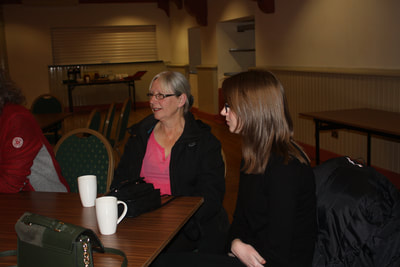
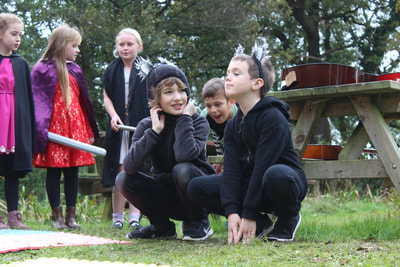
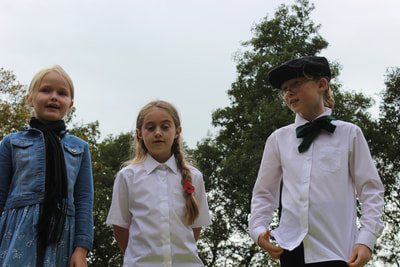
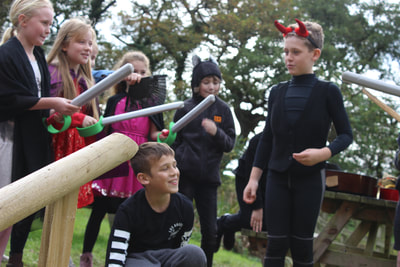
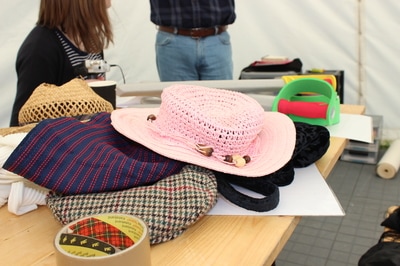
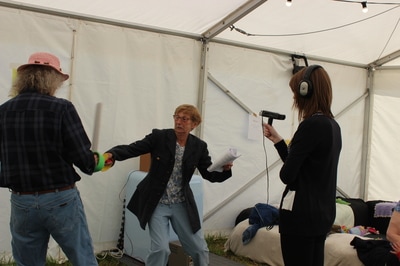
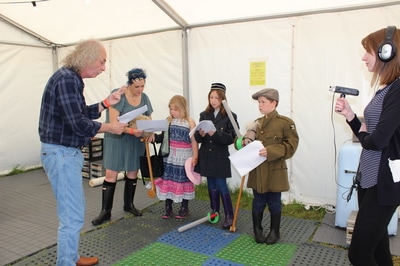
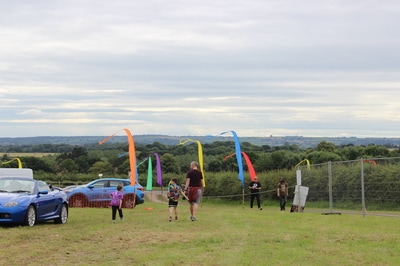
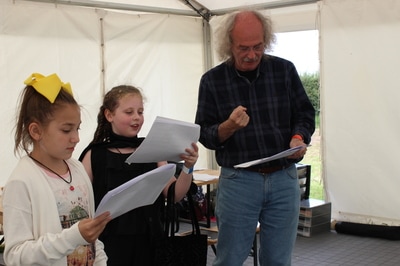
 RSS Feed
RSS Feed